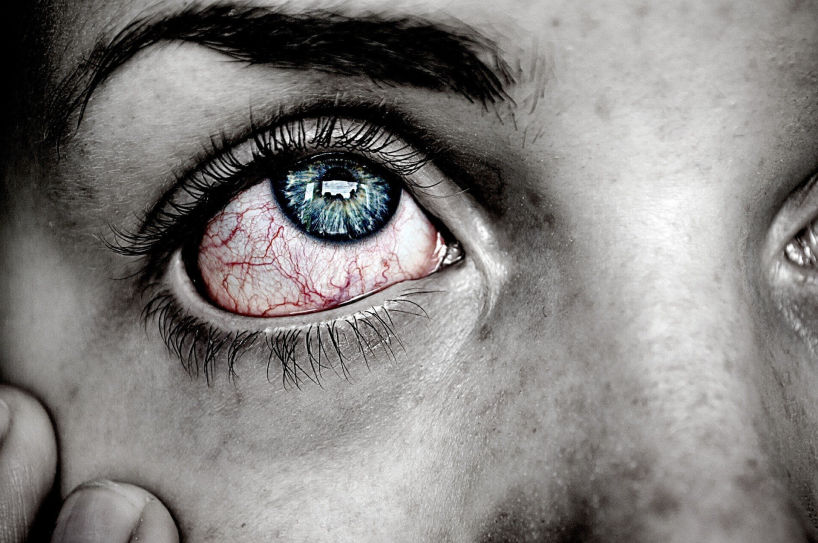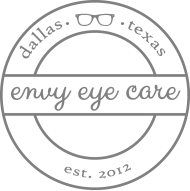
Eye Allergies
Do you have red, itchy, watery eyes that are bothered by the same irritants that cause sneezing and a runny nose among seasonal allergy sufferers? You may have eye allergies (allergic conjunctivitis), a condition that affects millions of Americans, regardless of age. The doctors at Envy Eye Care specialize in the diagnosis and treatment for eye allergies.
Call 469.490.ENVY (3689) today or schedule an appointment online.
